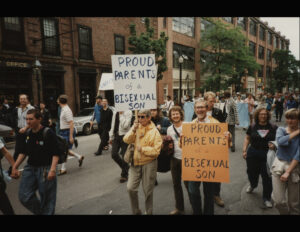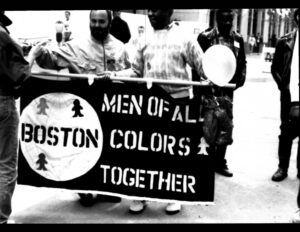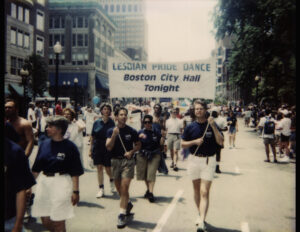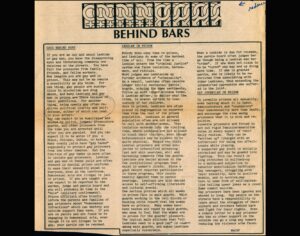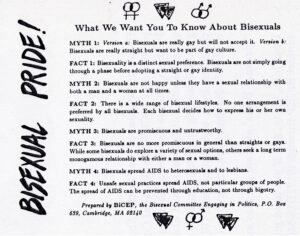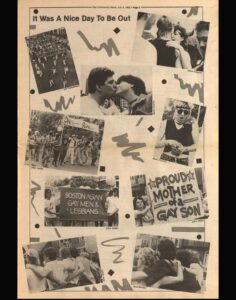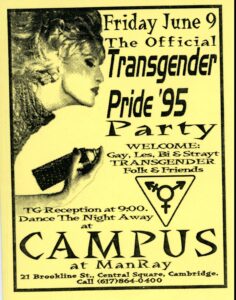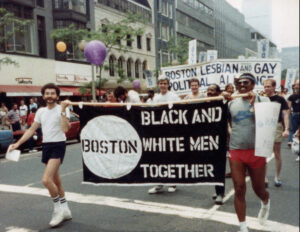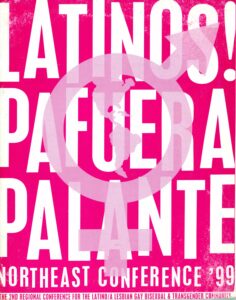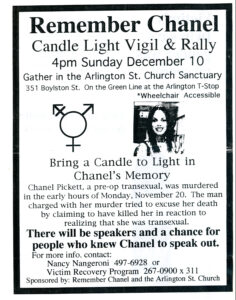Queer (In)Time: Intersectionality
Intersectionality is defined as “the interconnected nature of social categorizations such as race, class, and gender as they apply to a given individual or group, regarded as creating overlapping and interdependent systems of discrimination or disadvantage.” Intersectionality is essentially a framework of looking at the world - people are defined by a complex set of characteristics that inform each other.
Understanding intersectionality is essential to combating the interwoven prejudices people face in their daily lives.
Intersectionality also speaks to the diversity of the LGBTQ+ community. This panel highlights representation for bisexuals, lesbians, people of color, transfolk, as well as disabled and imprisoned members of the community.
